Buying a home is exciting, but hidden appliance issues can bring stress. The water heater is a common example. It may look fine, but it may still be close to failing.
However, as a new homeowner, you might wonder, “Is your new home’s water heater too old?”
That question matters because it can save you from surprise repairs, cold showers, and rising bills.
When you know what to check, you can spot problems early and make smarter choices.
Table of Contents
Why the Water Heater Stays Behind
When moving into a new home, it’s common to take some appliances and leave others. Large items like a refrigerator, washer, or dryer can be included when shipping your appliances, but the water heater rarely goes with you. Because it is permanently installed, it typically stays with the property.
That means you inherit the unit in whatever state it was left—sometimes in great condition, other times already nearing the end of its lifespan. Even if it looks fine at first glance, hidden wear or inefficiency may cause problems down the line.
Unlike the appliances you intentionally bring along, this one is handed down to you, making it important to check its age, capacity, and overall performance as soon as you move in.
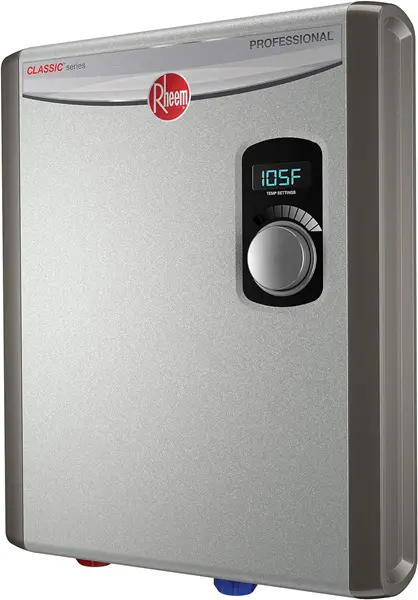
Start With the Installation Date
The first step is knowing when the water heater was installed. Every unit has a label or serial number that shows the age. Sometimes it’s written clearly, but other times you may need to look up the manufacturer’s code.
Tank-style heaters usually last 8 to 12 years, while tankless models can last 15 to 20 years. Once the unit passes these ranges, it’s natural to wonder if your new home’s water heater is too old.
Even if the heater still works, age affects performance. Parts wear down, and efficiency drops over time. An outdated system often takes longer to heat water or uses more energy.
Knowing the installation date helps you decide if the heater has a few good years left or if replacement should be on your list soon.
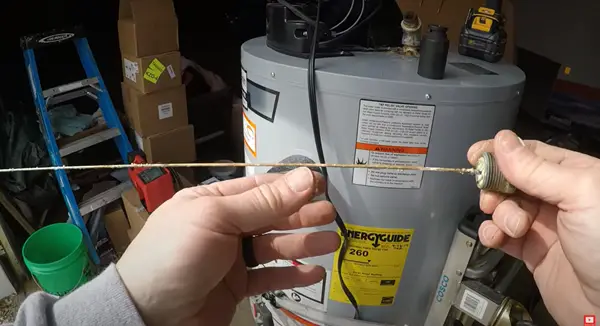
Look at the Tank’s Exterior
A quick look at the tank can reveal a lot about its condition. Rust spots or corrosion are clear warning signs that the metal is breaking down.
Water pooling around the base can signal small leaks, which often grow worse over time.
Even dents or cracks may hint at past damage that could shorten the heater’s life.
The outside of the tank may also tell you if maintenance has been neglected. Dust, grime, or mineral buildup around the valves often points to years of wear.
While surface stains are not always serious, visible damage usually means the heater is aging and may not last much longer.
Listen for Unusual Sounds
Strange noises often signal problems inside the water heater.
Banging, popping, or rumbling usually means sediment has built up at the bottom of the tank. As water heats, the trapped particles make noise while moving around.
This buildup not only creates sound but also forces the heater to work harder than it should.
Ignoring these sounds can lead to bigger issues. Sediment makes heating less efficient and increases wear on the tank. Over time, the extra stress can cause cracks or leaks.
If you hear unusual noises, it’s a sign that the system is aging and may need attention soon.
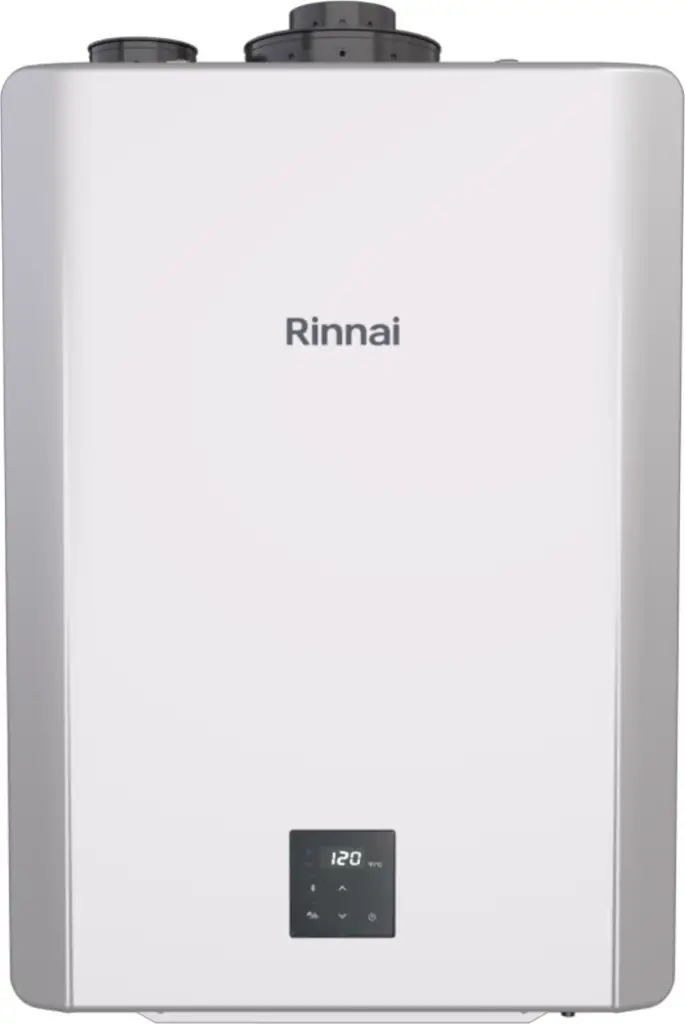
Check the Water Quality
The water itself can reveal the age of your heater. Cloudy or rusty water often comes from a corroding tank.
You might also notice a metallic taste or unusual smell when using hot water.
These signs indicate the interior is breaking down and may soon affect performance.
Simple tests can help you identify issues without special tools.
Collect a glass of hot water and let it sit for a few minutes. If sediment settles at the bottom, it points to a buildup inside the tank.
Checking water regularly can alert you to problems before they turn into expensive repairs.
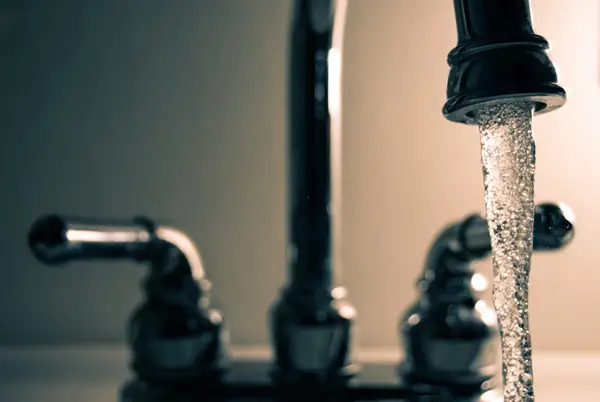
Pay Attention to Water Temperature
Inconsistent water temperature is a common sign of an aging heater. You might notice hot water suddenly turning cold or taking longer to heat.
These fluctuations occur when internal parts start wearing out, reducing the heater’s ability to maintain steady warmth.
Even small changes in temperature matter. Older systems often struggle to keep water at the level you expect, which can affect showers, dishwashing, and laundry.
Monitoring how long it takes for water to heat and how stable the temperature stays helps you spot a declining heater before it fails.
Review Energy Bills
Rising energy bills can be a hidden sign of an aging water heater.
As internal parts wear down, the system struggles to heat water efficiently. That forces it to use more electricity or gas to reach the same temperature.
Over time, these small increases in usage add up and can make a noticeable difference on your monthly bill.
Comparing your current energy costs with past records can help spot a problem early. If your bills have steadily climbed without a clear reason, the water heater may be losing efficiency.
An older heater often consumes more power even if you haven’t changed your hot water habits.

Consider the Warranty and Service History
The warranty can reveal a lot about a water heater’s age. Most standard warranties expire after 6 to 12 years, depending on the model. If your unit’s coverage has ended, it may already be past its prime.
Even if it’s still working, expired protection means any future repairs are fully your responsibility.
Service history is another important clue. Look for records of repairs, part replacements, or emergency calls.
A heater with frequent maintenance needs is likely struggling and may fail sooner than expected.
Understanding how the system has been cared for helps you anticipate problems and decide whether investing in a replacement is a smarter move.
Think About Modern Features
Newer water heaters often include features that older models lack.
Digital controls, energy-saving modes, and better insulation improve comfort while lowering energy costs.
Tankless systems, for example, provide hot water on demand, which older tanks cannot match. These upgrades also help prevent leaks and other common problems found in older units.
Even if your current heater is still working, it may struggle to meet today’s efficiency standards.
Modern units heat water faster, maintain consistent temperatures, and are less likely to fail unexpectedly.
Choosing a newer system can give you a more reliable supply of hot water while reducing energy use and the chance of sudden repairs.
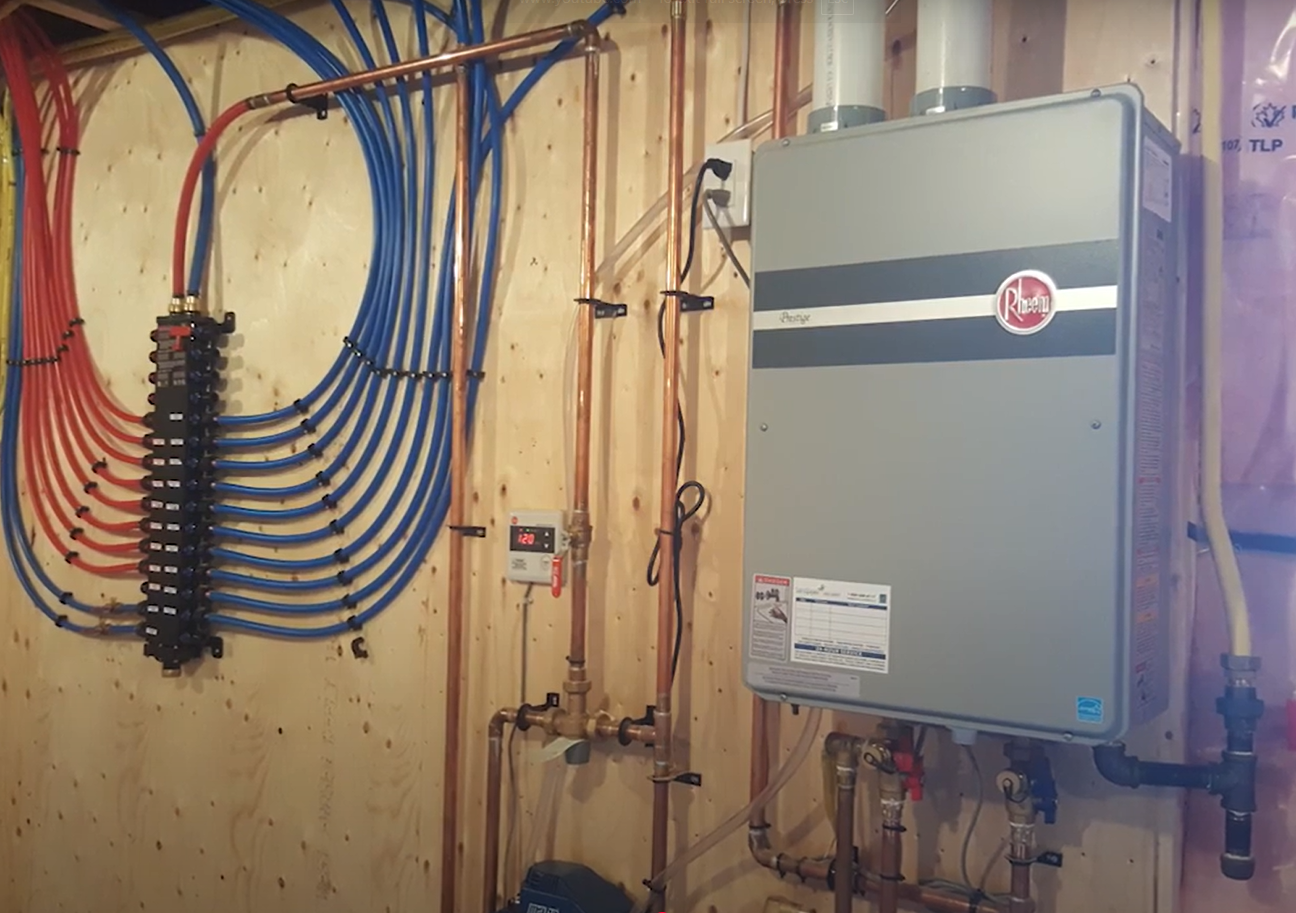
Is Your New Home’s Water Heater Too Old, and Is It Time to Replace?
If you notice rust, leaks, strange noises, fluctuating temperatures, or rising energy bills, ask yourself, “Is your new home’s water heater too old?”
Even a heater that still works can be close to failing, and waiting often leads to costly damage and cold showers.
Replacing an old system gives you peace of mind, improves efficiency, and provides a steady supply of hot water for your home.
Address problems early to avoid emergencies later and keep your household comfortable and reliable.